Mr. Dinh Van Be introduces his orange garden.
Although Phang Khanh village has a large area of agricultural and forestry land, for many years people have mainly grown a few types of crops such as acacia, bamboo, rattan... the planting area is fragmented and small so the economic efficiency is not high. Many areas of land in the valley - where the soil quality is considered good and fertile - are still not used effectively, even abandoned...
Faced with the above situation, along with many other households, Mr. Be has thought about a new production direction to "awaken" the potential of his homeland. After studying many production models, terrain, and climate of Phang Khanh region, he chose organic fruit trees to replace the old crops.
Mr. Be said: "Although it is not easy to cultivate, the land in the valley of Phang Khanh village is very fertile. Moreover, through research, I learned that the local climate is quite cool, suitable for growing fruit trees, so I boldly brought them back to grow to develop the family economy. However, to achieve efficiency, it is necessary to have a large production area to facilitate the application of synchronous mechanization, large-scale production... this is not easy because the mindset of local people is still "afraid of losing land", so although production is not effective, even abandoned, they still keep the land".
In many village meetings, Mr. Be has incorporated plans and resolutions of the Central and the province on land accumulation for large-scale agricultural production, applying high technology to gradually change the way of thinking of the people. To make people understand, change and believe in implementation, he has started to work, determined to both develop the family economy and build a model to spread in the community.
In 2021, Mr. Be mobilized households in the village to lease land, contribute land for production, and form a production area of more than 3.5 hectares. When a large land fund was formed, his family invested in growing Duong Canh oranges and Cao Phong oranges. These are healthy orange varieties, well adapted to local soil and climate, and are popular in the market. He directly contacted the Vietnam Academy of Agriculture to buy standard varieties, and at the same time attended training courses on organic farming, soil treatment, and chemical-free pest management.
His family’s orange garden does not use any fertilizers or pesticides. Instead, they use composted manure, biofertilizers and homemade biological pesticides made from garlic, ginger and chili soaked in wine to prevent pests. The grass in the garden is not sprayed with pesticides but is cut manually or left to biodegrade to maintain moisture and balance the ecosystem. This method helps the soil to be loose, retain moisture well, the plants grow evenly and have few pests.
After more than two years of care, the orange garden began to yield its first harvest at the end of 2023. The results far exceeded expectations, with an estimated yield of more than 12 tons of fruit, bringing in an income of about 300 million VND.
Mr. Be said: “Previously, growing bamboo could sell for tens of millions each year, but it required a lot of effort and was difficult to transport. Now growing oranges is easier and sells for a higher price. Moreover, orange trees are suitable for the climate, do not need much water, but still give stable yields.”
From the success of the organic fruit growing land accumulation model of Mr. Dinh Van Be's family, many households in Phang Khanh village and some neighboring areas have begun to learn and study the experience. Some young families have boldly rented land, built organic farms, planted green-skinned grapefruit, bananas, pineapples and expanded the area of fruit trees.
Along with that, the application of environmentally friendly farming processes is gradually being chosen by people not only for its effectiveness, but also for a safe living environment in the future. Currently, Mr. Be's orange growing model is continuing to be cared for in a sustainable cycle, aiming to build its own brand and register VietGAP standards, moving towards becoming an OCOP product. Some cooperatives and businesses in the province have also begun to connect to consume Cam Thach organic oranges under long-term contracts.
Although the road ahead is still full of difficulties, it is clear that the large-scale organic orange growing model of Mr. Dinh Van Be's family is spreading and opening up prospects for developing high-value, environmentally friendly commodity agriculture, gradually moving towards modern, sustainable agriculture in mountainous rural areas such as Cam Thach commune.
Article and photos: Le Hoa
Source: https://baothanhhoa.vn/nguoi-lan-toa-phong-trao-nbsp-tich-tu-tap-trung-dat-dai-260917.htm





![[Photo] Cutting hills to make way for people to travel on route 14E that suffered landslides](https://vphoto.vietnam.vn/thumb/1200x675/vietnam/resource/IMAGE/2025/11/08/1762599969318_ndo_br_thiet-ke-chua-co-ten-2025-11-08t154639923-png.webp)



![Dong Nai OCOP transition: [Part 1] 'Upgrading' typical products](https://vphoto.vietnam.vn/thumb/402x226/vietnam/resource/IMAGE/2025/11/08/1762603566146_2152-san-pham-ca-cao-cua-to-hop-tac-ca-cao-thong-nhatjpg-nongnghiep-152146.jpeg)

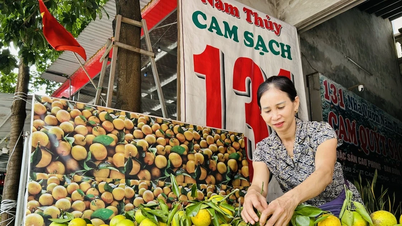

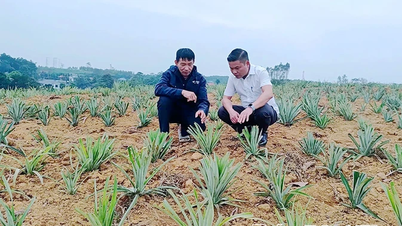
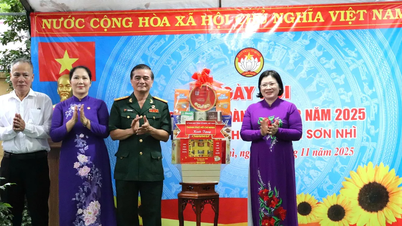

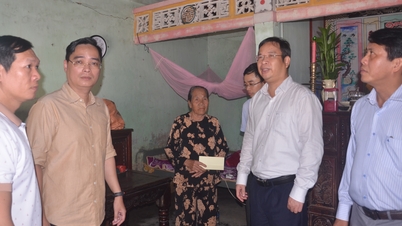

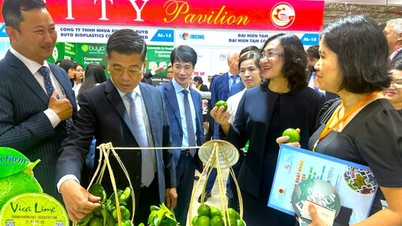

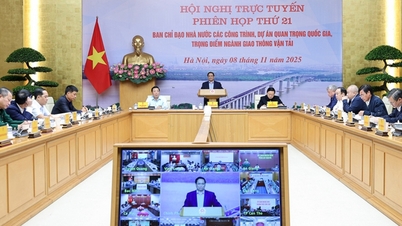














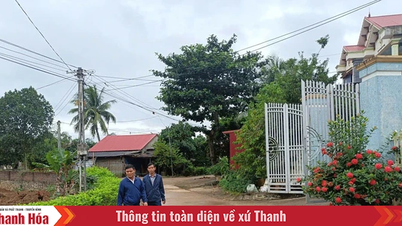



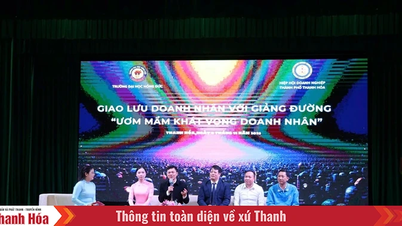








![[Video] Hue Monuments reopen to welcome visitors](https://vphoto.vietnam.vn/thumb/402x226/vietnam/resource/IMAGE/2025/11/05/1762301089171_dung01-05-43-09still013-jpg.webp)















































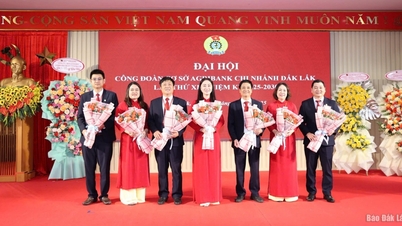
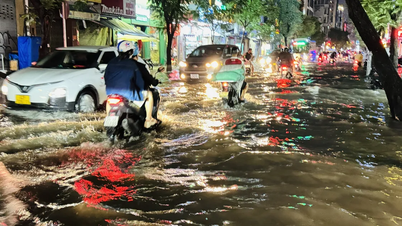
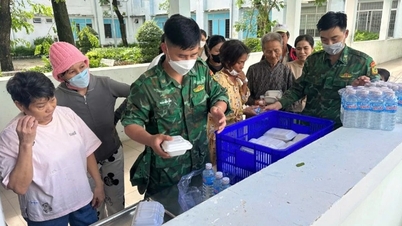















Comment (0)